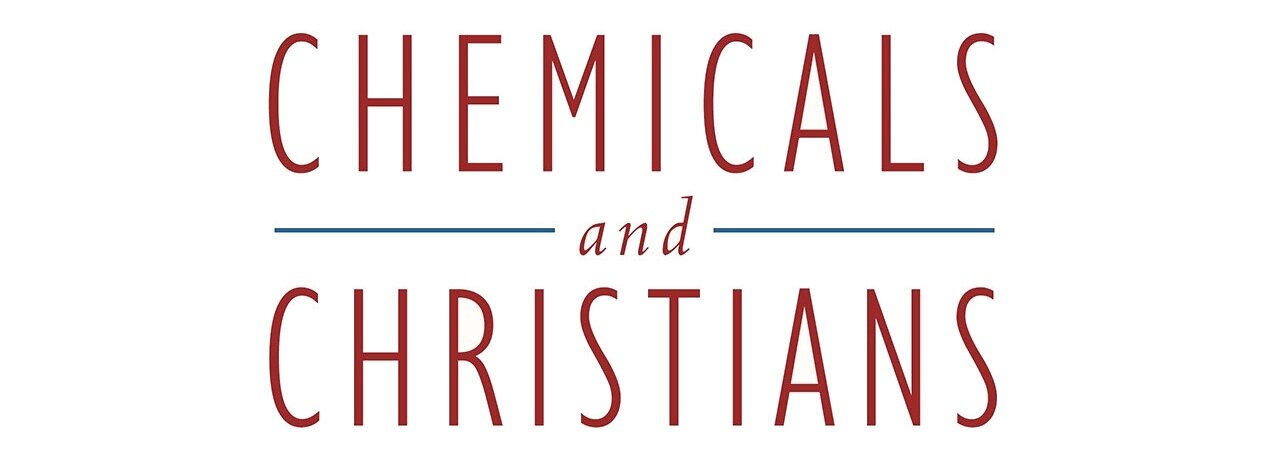Yesterday I talked with some friends about terrorism. I have a little experience with the subject because I lived in Peru during some very difficult years, when the Shining Path terrorist organization held the country strongly in its grip. Another group, the Tupac Amaru Revolutionary Movement, was also active at the time. Shining Path may be the most brutal terrorist organization you’ve never heard of. An expert quoted in a Toronto Star article described it as “absolutely, totally ruthless." The group killed an estimated 70,000 people.
The Shining Path was a fan of car bombs, and we could hear them on a regular basis and feel them shake the house. One of my most poignant parenting moments came when there was a fairly significant explosion involving our gas oven, and my son, who was in the house at the time, didn’t come to the kitchen to investigate. I found him in his bedroom, calmly working at his desk, and when I explained what had happened he said, “Oh, I just thought it was another bomb.” I stared at him as the sort of life we were living suddenly became crystal clear. Was it OK to raise a child in a place where bombs had become background noise? None of the parenting books I read covered that.
Terrorism can invoke strong feelings of powerlessness and loss of control, which was a focus of yesterday’s discussion. We all feel a need to respond somehow, but what can we do? I shared two stories with my friends, and I’ve decided to share them here, as well.
Story Number One
The first story begins before I actually moved to Peru. I was living in Costa Rica, where my husband Dan and I were attending language school. A small group of students, all eventually headed to Peru, met together on a regular basis to pray for the country.
The day before one of our scheduled meetings, I suddenly had a very strong urge to pray for the conversion of Peruvian terrorists. It was one of the most pressing burdens I’ve ever felt and I prayed intensely all through that day and into the next. I went to the scheduled prayer meeting with the burden still heavy on my heart.
Dan and I finished language school and moved to Peru, where I was introduced to a wonderful group of missionaries from various sending agencies. At a get-together, one of my new friends, Jan, told an amazing story. About a year earlier, she and her husband had been traveling in a mountain area when they were captured by Shining Path terrorists. They were held for a while, but incredibly and unexplainably they were then released. The rebels kept their car, however, and everything in it. There was an evangelistic film in the vehicle, along with the equipment to show it.
Jan was sharing her experience because of an exciting new development. She had recently met a former rebel who had been part of the group who captured her. He explained that they had planned to kill the couple, but that “something” kept them from it. He also said that after they let them go, the men watched the movie they had found in the car multiple times. As a result, many of the rebels had left the group. He himself had eventually left and become a Christian.
The story thrilled me, and I told Dan about it later that day. As I was talking, I suddenly remembered the prayer burden I had felt when we lived in Costa Rica. I wondered aloud how the timing might relate to Jan’s experience. Dan remarked that he probably had the date of the prayer meeting on his old calendar, so he could figure it out. He dug out the calendar and told me the date. I got goosebumps as I realized that the day I was suddenly overcome with an urge to pray for the conversion of terrorists was the day that the rebels were left with an evangelistic movie and the means to watch it.
Story Number Two
Story number two takes place a year or two later. Dan was traveling and I had been alone for many days with my two small children. I was very sick at the time with undiagnosed and untreated Lyme disease. I tell you this to explain why I was so incredibly exhausted that I went to bed at 8:00.
I got into bed at 8:00 anyway, but didn’t feel free to go to sleep. Instead, I felt strongly that God was telling me to pray for the capture of terrorist leaders. I prayed for about half an hour until the burden lifted and I felt released. I slept soundly and woke up the next day to find a story in the paper about a terrorist leader who had been captured at 8:30.
I’m sharing these stories to remind myself, and maybe you in the process, that we’re not powerless in the face of evil. God calls us to participate with him in healing the world, and I believe we grieve him when we fail to respond. Prayer is a powerful weapon against darkness, and one that all of us, even those of us who are ill and homebound, can use. Lord, please forgive me for letting it sit unused so often. I’m also sharing these stories because a friend asked whether we should pray for the conversion of terrorists or their capture. My experiences lead me to believe that it’s not an either/or proposition.
There’s been some backlash recently against politicians who’ve said that their thoughts and prayers are with those affected by violence. It’s true that the phrase “my prayers are with you” can sometimes sound dismissive when we believe there’s other action that could be taken. It’s also true that expressing the intention to pray doesn’t equal actually praying. Actually praying, however, is something not to be taken lightly.


